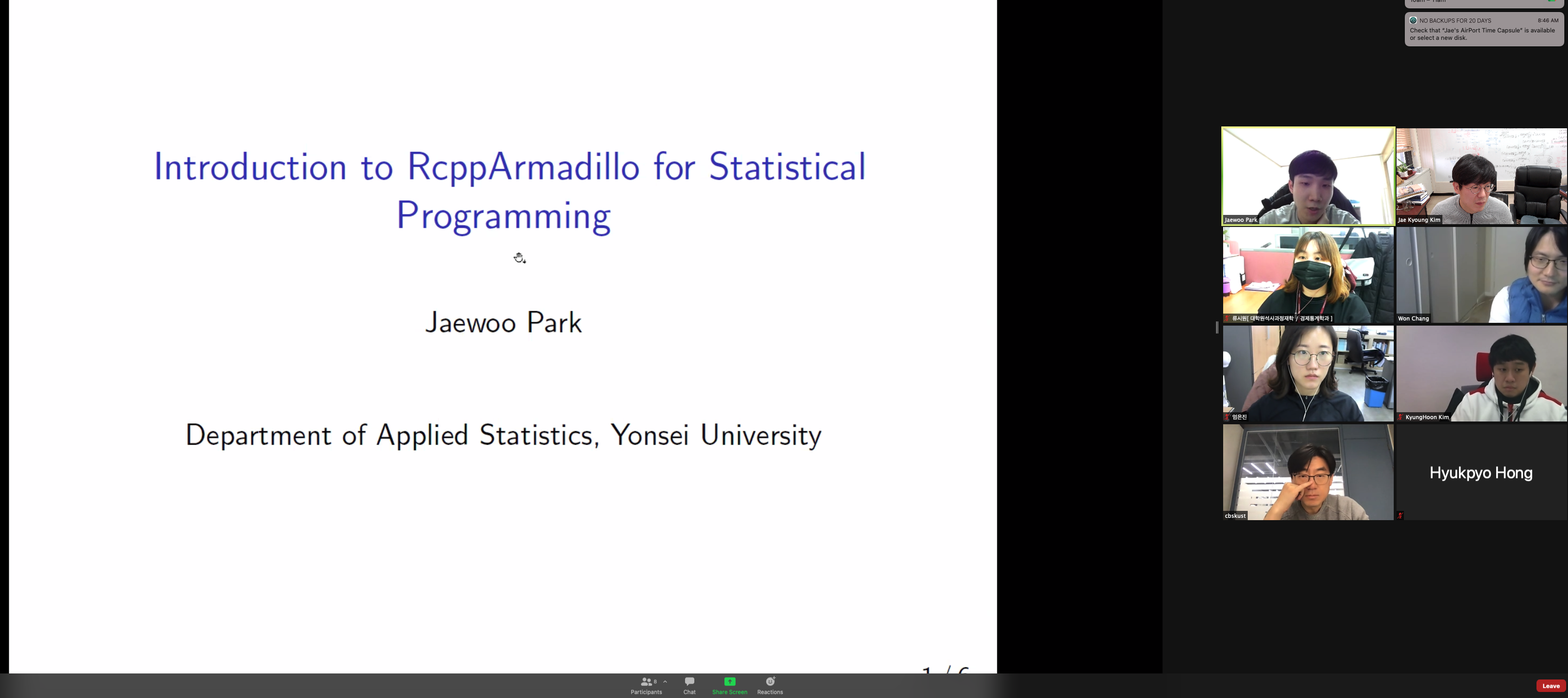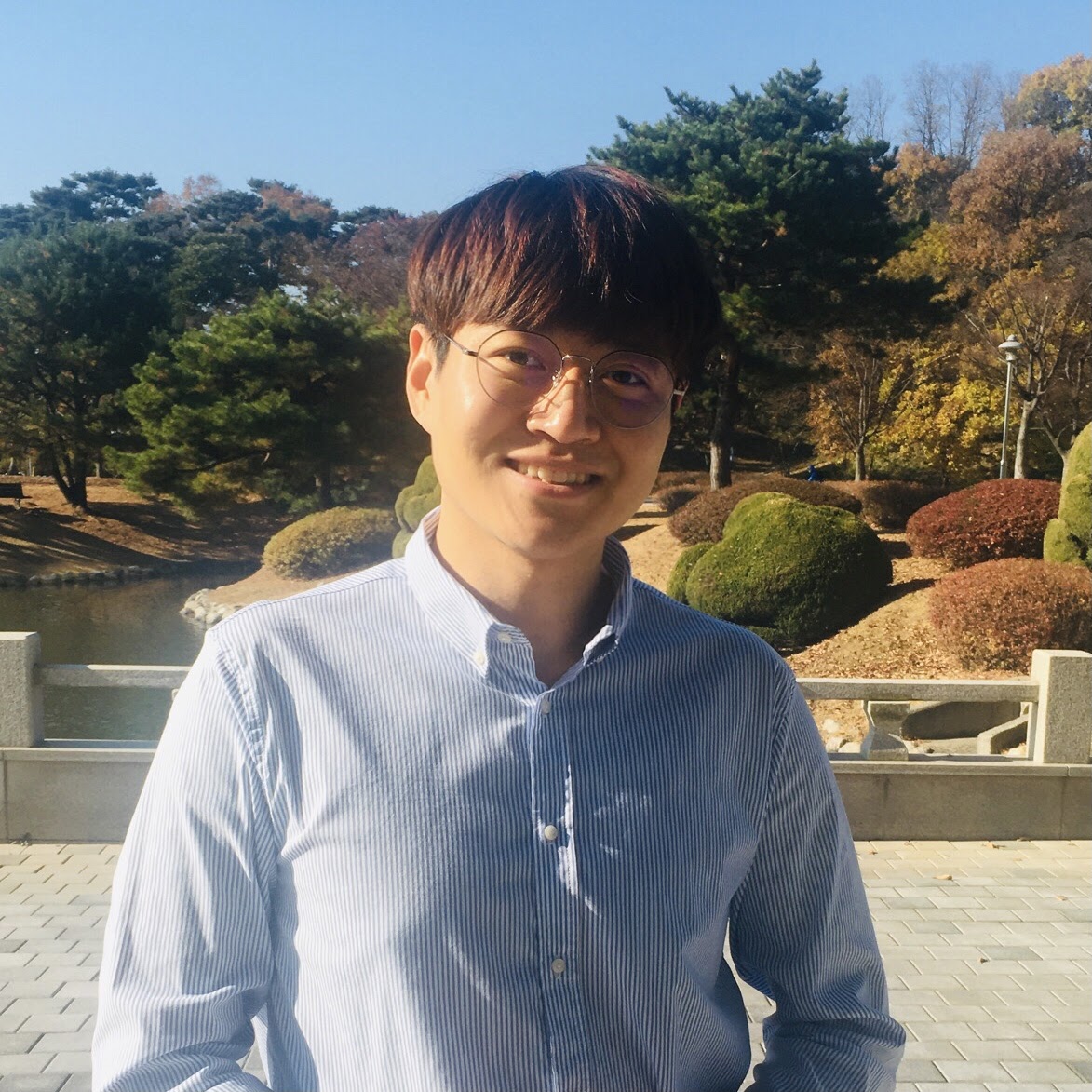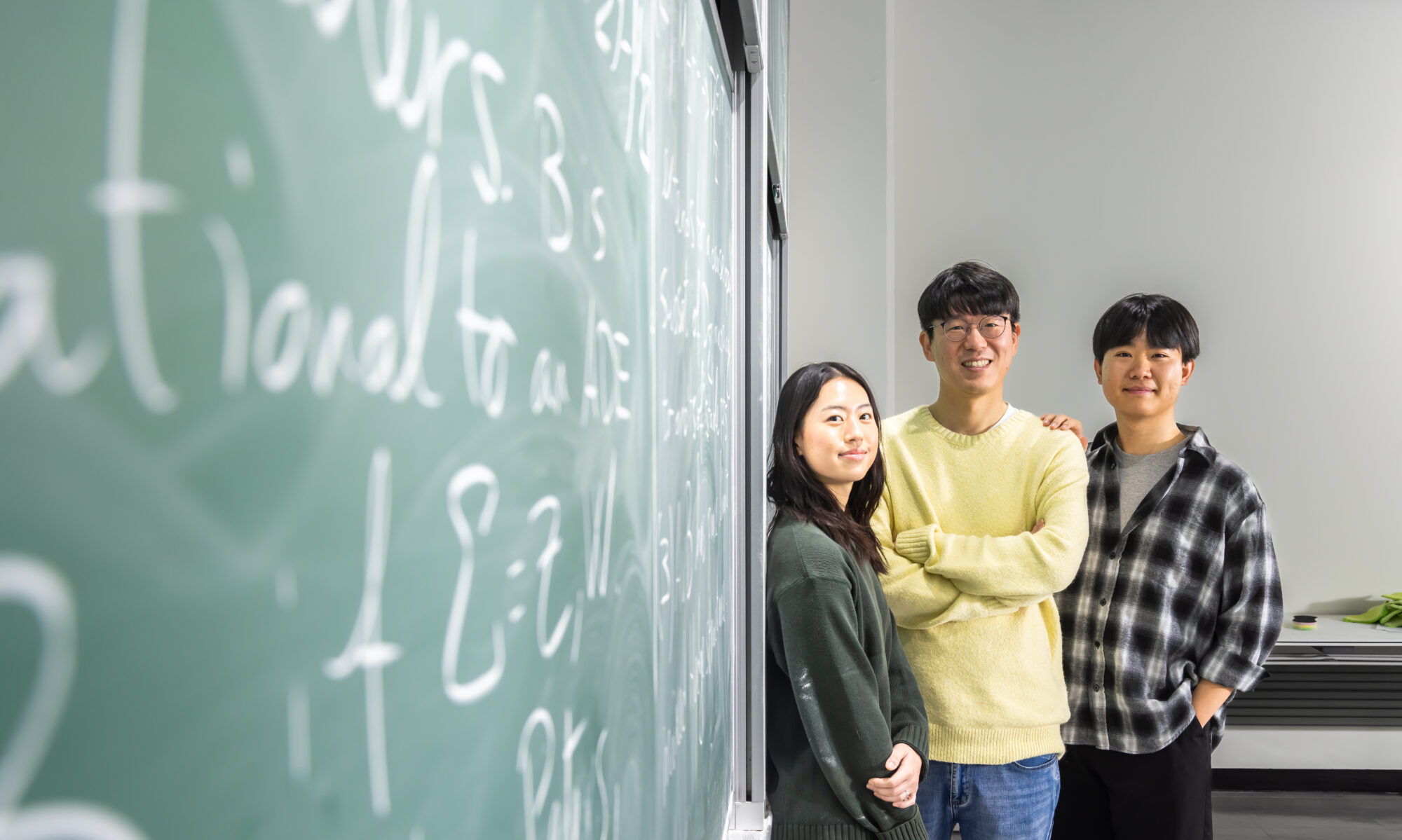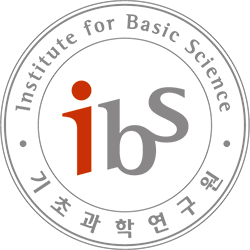-
-
-
Eui Min Jeong, Mathematical modeling of circadian clocks of mammal and Drosophila to reveal molecular mechanism for rhythm generation
KAIST E2-1 room 3221 E2-1 building, Daejeon, Daejeon, Korea, Republic of -
Yun Min Song, On the quasi-steady-state approximation in an open Michaelis-Menten reaction mechanism
KAIST E2-1 room 3221 E2-1 building, Daejeon, Daejeon, Korea, Republic ofWe will discuss about "On the quasi-steady-state approximation in an open Michaelis-Menten reaction mechanism", bioRxiv (2021). The conditions for the validity of the standard quasi-steady-state approximation in the Michaelis--Menten mechanism in a closed reaction vessel have been well studied, but much less so the conditions for the validity of this approximation for the system with …
-
-
Hyukpyo Hong, Frequency Spectra and the Color of Cellular Noise
KAIST E2-1 room 3221 E2-1 building, Daejeon, Daejeon, Korea, Republic ofWe will discuss about "Frequency Spectra and the Color of Cellular Noise", bioRxiv (2020). The invention of the Fourier integral in the 19th century laid the foundation for modern spectral analysis methods. By decomposing a (time) signal into its essential frequency components, these methods uncovered deep insights into the signal and its generating process, precipitating …
-

Jaewoo Park, Introduction to RcppArmadillo for Statistical Programming
ZOOM ID: 709 120 4849 (ibsbimag) (pw: 1234)The speaker presents how to use Rcpp (Seamless R and C++ Integration) and RcppArmadillo packages ('Rcpp' Integration for the 'Armadillo' Templated Linear Algebra Library) for statistical programming.
-
-
Eui Min Jeong, Pairing of segmentation clock genes drives robust pattern formation
Tea Room, IBS Daejeon, Daejeon, Korea, Republic ofWe will discuss about "Pairing of segmentation clock genes drives robust pattern formation", Zinani et al., Nature (2021) Gene expression is an inherently stochastic process; however, organismal development and homeostasis require cells to coordinate the spatiotemporal expression of large sets of genes. In metazoans, pairs of co-expressed genes often reside in the same chromosomal neighbourhood, …
-
Dae Wook Kim, Maximum Entropy Framework for Predictive Inference of Cell Population Heterogeneity and Responses in Signaling Networks
Tea Room, IBS Daejeon, Daejeon, Korea, Republic ofWe will discuss about "Maximum Entropy Framework for Predictive Inference of Cell Population Heterogeneity and Responses in Signaling Networks", Dixit et al., Cell Systems (2020) Predictive models of signaling networks are essential for understanding cell population heterogeneity and designing rational interventions in disease. However, using computational models to predict heterogeneity of signaling dynamics is often …
-
Seokjoo Chae, Unified rational protein engineering with sequence-based deep representation learning
Tea Room, IBS Daejeon, Daejeon, Korea, Republic ofIn this presentation, we are going to discuss the paper, "Unified rational protein engineering with sequence-based deep representation learning" Abstract Rational protein engineering requires a holistic understanding of protein function. Here, we apply deep learning to unlabeled amino-acid sequences to distill the fundamental features of a protein into a statistical representation that is semantically rich …
-

Dae Wook Kim, Revealing causes of disrupted wake-sleep cycles using mathematical model (BRIC Webinar)
Registration is required to attend this talk (link: https://www.ibric.org/seminar/#), and it will be presented in Korean. Abstract: 생체 시계 (Circadian clock)를 구성하는 핵심 단백질인 PERIOD (PER)의 양은 12시간 동안 증가했다가 12시간 동안 감소하며 24시간 주기로 변화한다. 이 24시간 주기의 PER 리듬이 우리 몸의 시계 역할을 하여 수면 시간 등 다양한 행동 및 생리 작용의 시간을 …
-

Daniel Forger, The mathematics of the wearables with applications to circadian rhythms and sleep
ZOOM ID: 709 120 4849 (ibsbimag) (pw: 1234)This talk will be presented online. Zoom link: 709 120 4849 (pw: 1234) Abstract: Millions of individuals track their steps, heart rate, and other physiological signals through wearables. This data scale is unprecedented; I will describe several of our apps and ongoing studies, each of which collects wearable and mobile data from thousands of users, …
-
-
Yun Min Song, A stochastic oscillator model simulates the entrainment of vertebrate cellular clocks by light
B305 Seminar room, IBS 55 Expo-ro Yuseong-gu, Daejeon, Korea, Republic ofWe will discuss about "A stochastic oscillator model simulates the entrainment of vertebrate cellular clocks by light", Kumpost et al., bioRxiv (2021) The circadian clock is a cellular mechanism that synchronizes various biological processes with respect to the time of the day. While much progress has been made characterizing the molecular mechanisms underlying this clock, …
-
Highly accurate fluorogenic DNA sequencing with information theory–based error correction
B305 Seminar room, IBS 55 Expo-ro Yuseong-gu, Daejeon, Korea, Republic ofWe will discuss about "Highly accurate fluorogenic DNA sequencing with information theory–based error correction", Chen et al., Nature Biotechnology (2017) Eliminating errors in next-generation DNA sequencing has proved challenging. Here we present error-correction code (ECC) sequencing, a method to greatly improve sequencing accuracy by combining fluorogenic sequencing-by-synthesis (SBS) with an information theory–based error-correction algorithm. ECC …
12 events found.

